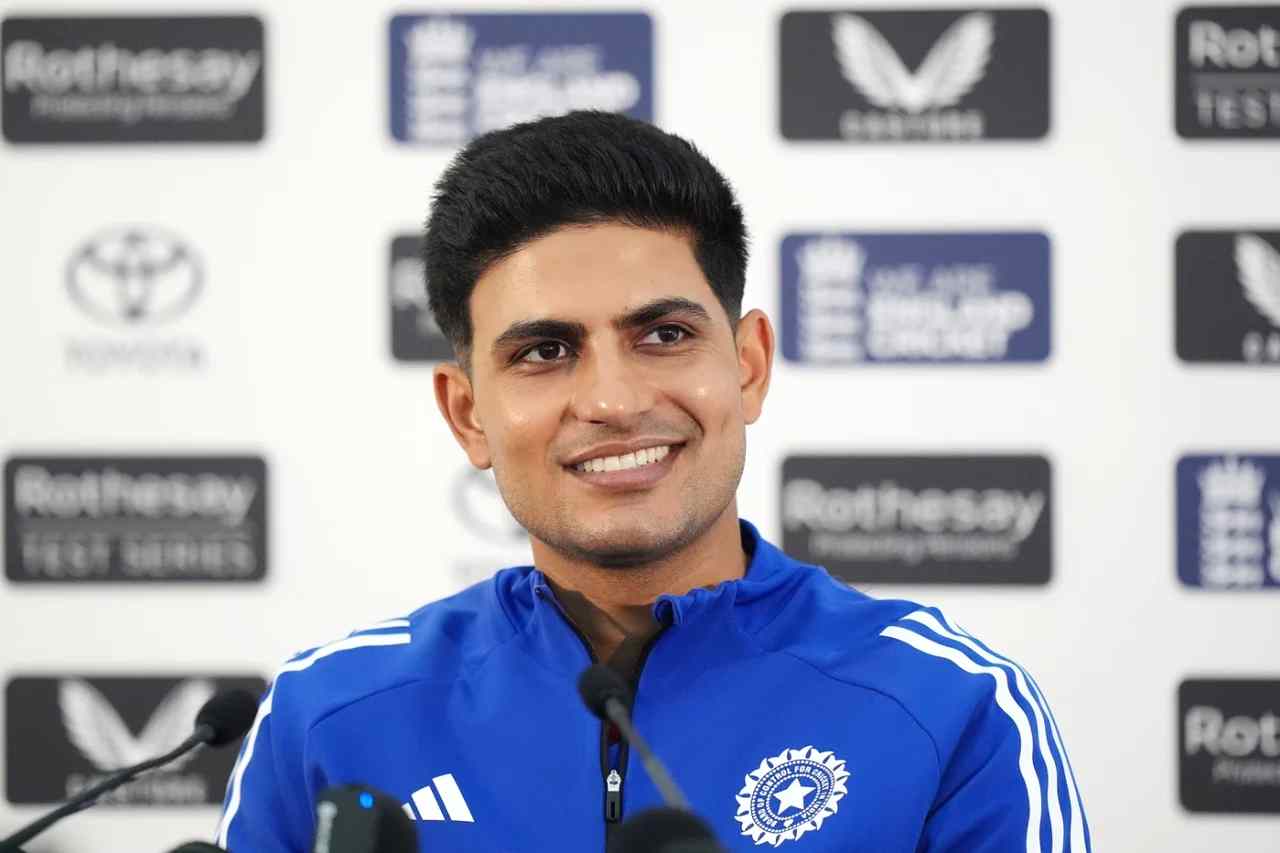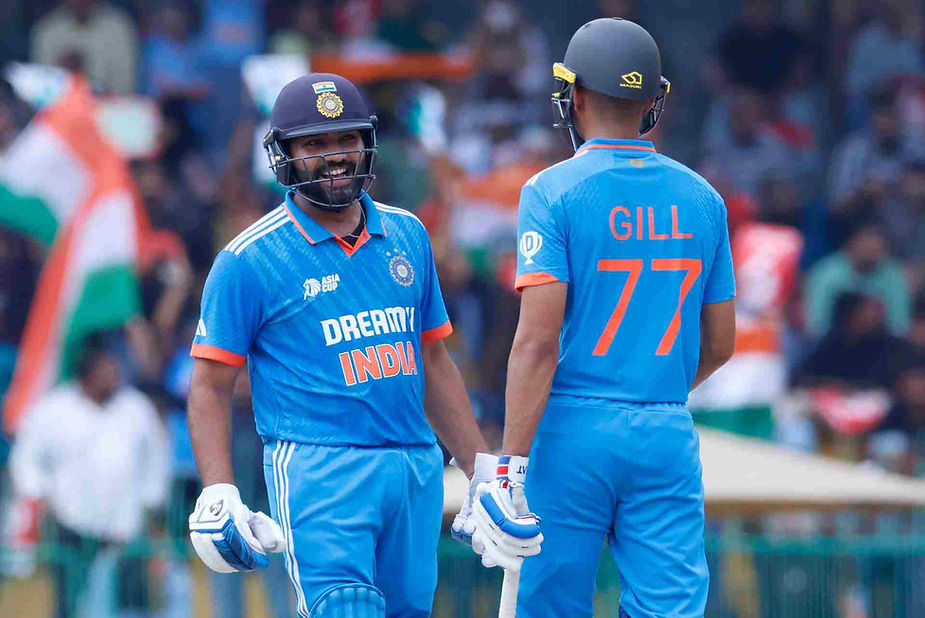India appoint Shubman Gill ODI captain; can he balance run-scoring consistency with tactical leadership? What are major expectations from him?

Shubman Gill has been announced as India’s new ODI captain, replacing Rohit Sharma, to lead the team in the three-match ODI series against Australia that is commencing on October 19.
His appointment comes after years of stellar leadership by Rohit Sharma, whose legacy stands top notch, and sets the stage for a fresh vision as India begin their build-up for the 2027 World Cup.
Captaincy shift and team announcement
Gill was named India’s new ODI captain ahead of the three-match ODI series against Australia. Rohit Sharma and Virat Kohli, both of whom haven’t appeared in ODIs since the Champions Trophy win earlier this year, are back in the squad but no longer in a leadership role.
Shreyas Iyer has been appointed vice-captain. The move signals a long-haul preparation for the 2027 ODI World Cup in South Africa, Zimbabwe, and Namibia.
Rohit Sharma’s ODI captaincy legacy
Rohit Sharma leaves behind a decorated legacy as India’s ODI skipper. Under his stewardship from 2021 to 2025, India not only clinched the 2025 ICC Champions Trophy unbeaten but also consistently played a brand of fearless, attacking cricket, reminiscent of the best India sides.
Rohit’s leadership saw India reach the 2023 ODI World Cup final undefeated, only to narrowly lose to Australia. His ODI captaincy record stands as one of the best globally. He has played 56 matches as captain, with 42 wins, 12 losses, one tie, and one no result game, recording a win percentage of 75%.
His dominance extends to global tournaments too. With a nearly 96% win rate in ICC ODI events such as the World Cup and Champions Trophy, showcasing unmatched consistency on the biggest stage. Adding to his growing legacy, he also led India to the 2024 ICC T20 World Cup title.
Beyond stats, Rohit’s fearless approach, willing to back youngsters and take bold tactical calls, set a new template. He fostered a winning team culture defined by aggression, innovation, and composure under pressure, and leaves big shoes for Gill to fill.
Read More: Rohit (1714) & Virat (1710) are the fifth & sixth-highest run-scorers in ODIs from 2023 onwards

Shubman Gill’s credentials
Gill’s rise to leadership has been methodical. He became Test captain after Rohit’s retirement (May 2025) and impressed immediately. In his debut Test captaincy series against England, he led India to a 2-2 draw, finishing as the highest run-getter of the series with 754 runs at a 75.40 average, including four centuries.
His Test captaincy record (as of October 2025) stands as: six matches; three wins, two losses, and one draw; win rate: 50%. His leadership has earned praise for calmness, focus on youth, and high standards in training and tactical acumen.
Expectations from Shubman Gill
With the captaincy baton now passed to him, Gill faces a task that is both daunting and defining. He must continue the fearless, high-intensity cricket that defined the Rohit era, while engineering a gradual succession that blends experienced stalwarts with the vibrancy of youth.
Gill’s leadership will also be measured by how effectively he blends experience with youthful exuberance. The challenge lies in creating a balanced squad where veterans like Rohit Sharma and Virat Kohli complement rising stars such as Yashasvi Jaiswal and Arshdeep Singh.
Maintaining India’s supremacy both at home and away, with particular emphasis on ICC multi-nation tournaments, will be vital. At the same time, Gill must build a foundation for sustained success, with the ultimate goal of shaping a team capable of lifting the 2027 World Cup.
Gill’s appointment as ODI captain no surprise. World Cup’s due in 2 years. This allows him time to settle into the job. Rohit’s inclusion in team to tour Aus suggests selectors would want him to play in WC depending on form & fitness which ruled him out of captaincy. Ditto Virat
— Cricketwallah (@cricketwallah) October 4, 2025
Read More: Does Shubman Gill deserve to be India’s T20I opener after an underwhelming Asia Cup 2025?
Approach for 2027 World Cup
As India enters a new ODI cycle, Shubman Gill’s tenure as captain begins with a clear long-term focus, building a team capable of winning the 2027 World Cup. The next 18 to 24 months will be crucial for identifying and shaping a strong core group that can deliver under pressure while sustaining India’s dominance across formats.
Gill’s roadmap revolves around four key pillars. First, a phased transition, gradually introducing promising talents while continuing to rely on senior players for experience in key matches. Second, a data-driven selection process, using analytics, fitness standards, and performance metrics to ensure merit-based inclusion and effective squad rotation.
Third, strategic leadership that prioritises role clarity, stable batting orders, and flexible bowling combinations. And finally, fearless cricket, echoing the aggressive, pressure-free mindset established under Rohit Sharma.
This balanced approach is already visible in the squad named for the Australia series, where seniors anchor the side while young players like Yashasvi Jaiswal and Dhruv Jurel signal India’s forward-looking strategy for 2027.
Read More: Since 2023, India have struck at SR of 100.26 in PP1 in ODIs, bettered only by Australia (107.05)

